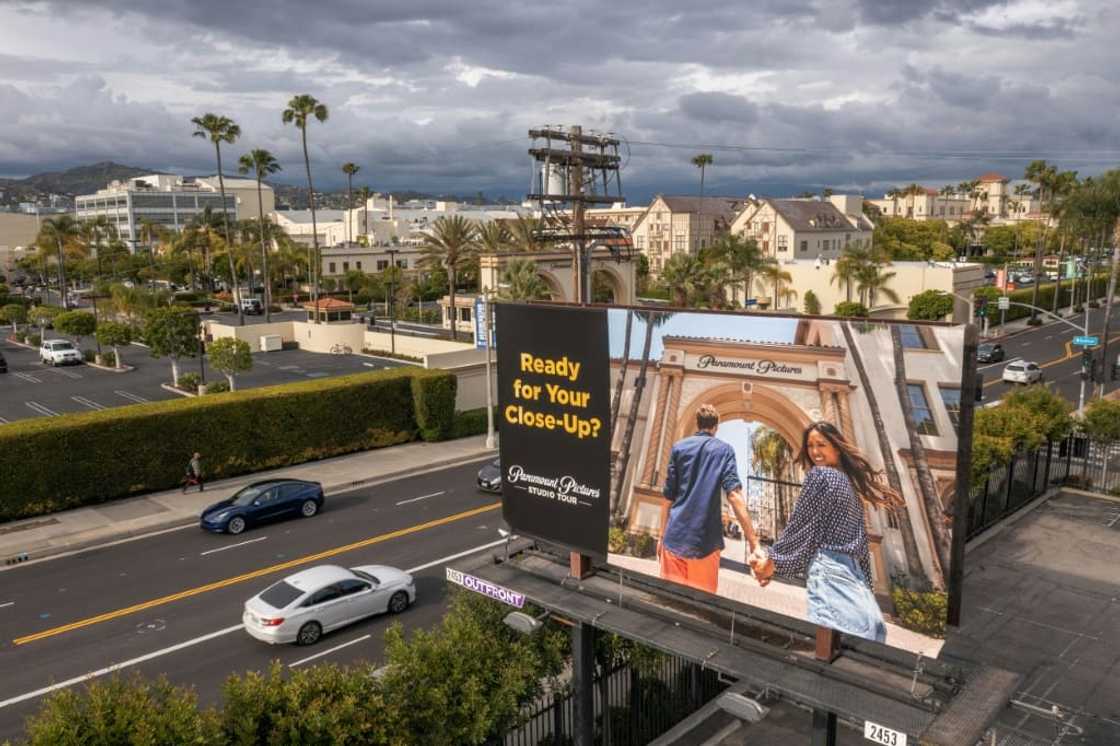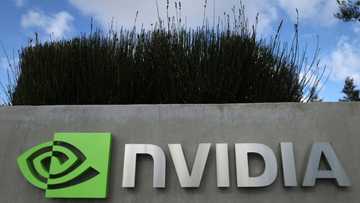AI tools threaten to upend ad industry

Source: AFP
PAY ATTENTION: Never miss breaking news – join Briefly News' Telegram channel!
Data-driven algorithms supercharged the advertising industry by enabling precisely targeted campaigns, but new AI tools may be about to shake the sector once again.
Some brands are dipping their toes in the AI waters, like Coca-Cola, which has invited people to create AI works using "iconic creative assets from the Coca-Cola digital archives".
Others are using it to create a social media buzz -- fashion firm Stradivarius recently pushed out AI images based on one of its collections.
But the full force of the AI revolution may be felt most keenly in the engine room of the ad industry -- the agencies who conceive and design the campaigns.
"We're only at the beginning," said Fernando Pascual, vice-president of design at Spanish company Seedtag.
His firm specialises in "contextual" advertising, which they claim will enable digital ads to blend in with the website where they appear.
PAY ATTENTION: Follow us on Instagram - get the most important news directly in your favourite app!
So a car ad might show the vehicle driving through a glass and steel cityscape on a business-orientated website, but the same car might be seen cruising past peaceful suburban gardens on a family-friendly website.
"The main element of advertising is still anchored in reality," he told AFP.
"We're just helping our clients to be more relevant."
Seedtag is far from the only ad agency promoting its AI chops.
But photographers and models are among those left wondering about their future livelihoods.
'Uproar'
French lingerie firm Undiz recently found itself at the centre of the debate.
Billboards in brilliant blue with eerily beautiful models gliding underwater in the firm's swimwear have appeared across France in recent weeks.
Only, there were no real people in these posters.
The models were created by an ad agency using image generator Midjourney, with real images of the swimming costumes added later.
"We wanted to achieve a slightly dreamlike, intriguing result," Undiz director Isolde Andouard told AFP.
Andouard admitted that the campaign had caused "uproar" among models and photographers.
Thomas Serer, a popular French content creator and photographer, wrote on Twitter that he was a fan of AI but in this case "using AI adds zero value" apart from allowing the firm to save money.
Andouard was quick to deny the approach was simply about cutting costs, saying the AI campaign was rolled out alongside traditional photos.
'Non-event'
The reaction to the Undiz campaign suggests the path to AI domination will be far from smooth.
And they are not the only company to have received criticism.
Jeans brand Levi's trumpeted a partnership with Dutch studio Lalaland.ia in March with the promise of using AI models to boost diversity on its online shop.
After an outcry, the firm put out another statement saying its announcement "did not properly represent certain aspects of the programme" and promised to continue working with models and photographers.
There are plenty who doubt that such upfront uses will ever really go industry-wide.
Olivier Bomsel, an economist specialising in intellectual property and advertising, said the arrival of AI-manipulated images was a "non-event" and amounted to just a new kind of digital editing.
And as AI tools get more widespread, he said, the people whose images provide the training data will be able to claim fees that will eventually "cost as much as using a model".
And the arrival of AI behemoths Meta and Google into the space is sending heads spinning.
Both firms announced in May a series of simplified AI tools that promise to allow anyone to design ad campaigns just using simple phrases as prompts.
It remains to be seen whether this will give ad agencies a shiny new plaything -- or torpedo their business models entirely.
PAY ATTENTION: Сheck out news that is picked exactly for YOU ➡️ click on “Recommended for you” and enjoy!
Source: AFP




